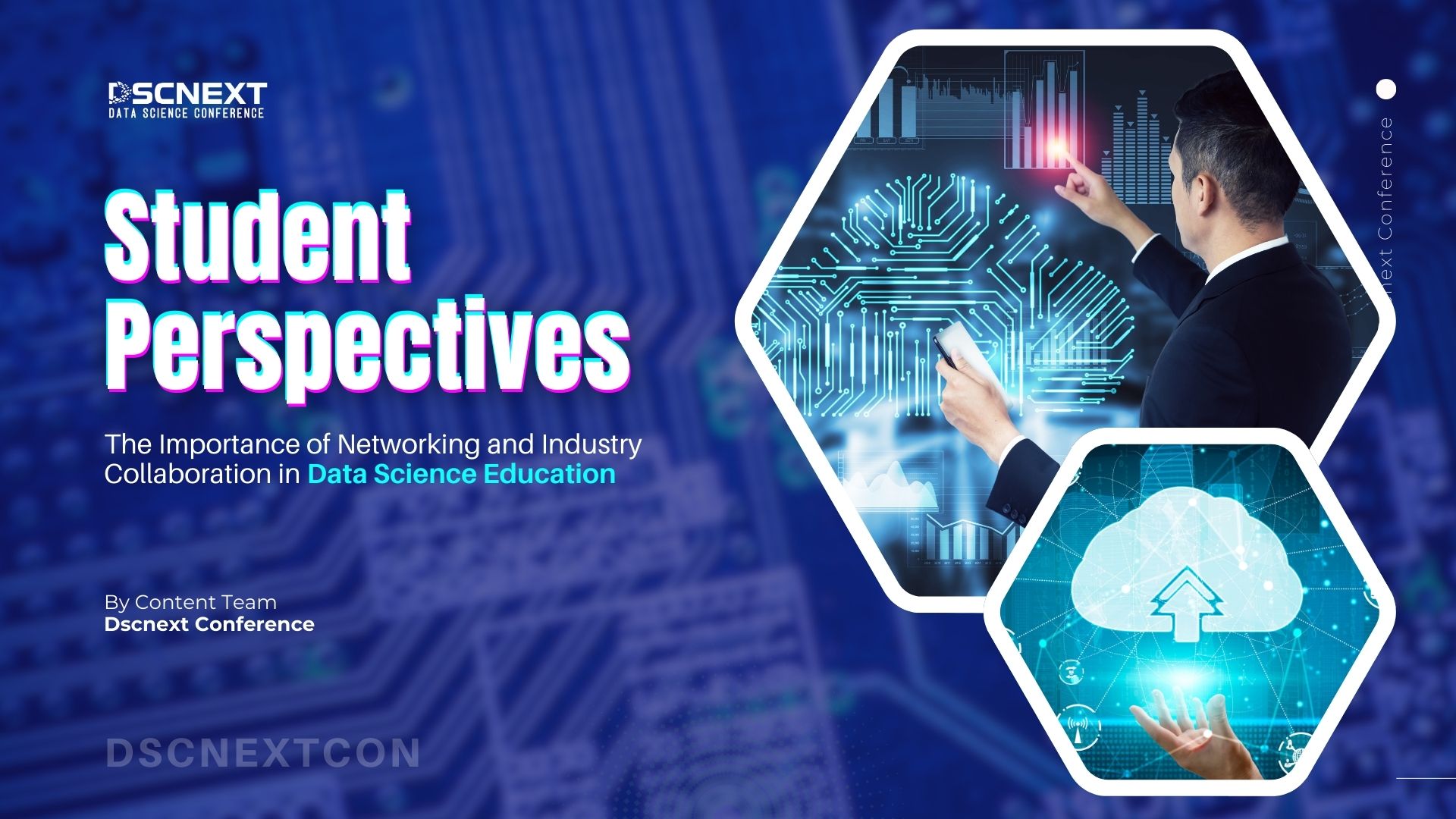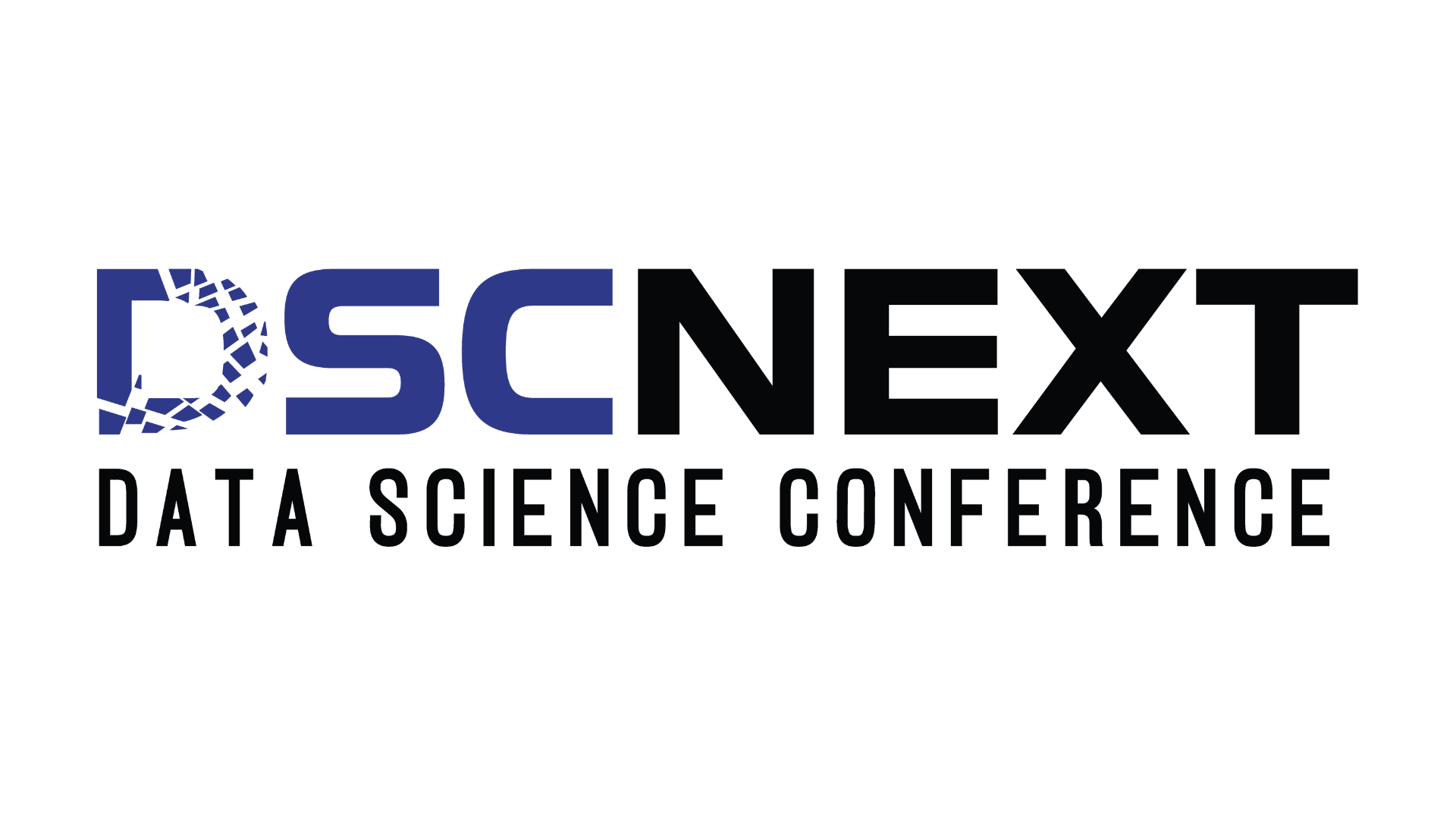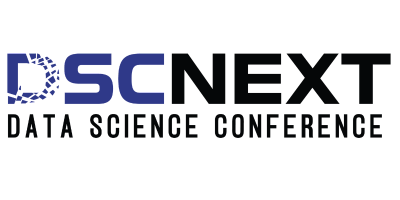
In the dynamic field of data science, academic knowledge alone isn’t enough to thrive; building connections and engaging with industry professionals is crucial. With the rapid evolution of data-driven technologies, students in data science programs benefit immensely from networking opportunities and industry collaboration. This blog delves into why these connections are essential, drawing from the experiences and insights of data science students.
1. Learning Beyond the Classroom: Exposure to Real-World Challenges
The classroom is invaluable for foundational knowledge, but it’s industry exposure that brings theory to life. Data science students often find that participating in internships, attending industry events, and connecting with professionals give them hands-on experience with real-world challenges.
“In class, we work with clean datasets and clear instructions. But during my internship, I learned how messy and complex real data can be. Networking with experienced data scientists helped me see how they tackle these issues in actual projects.” – Sarah, Data Science Graduate Student
By engaging with industry professionals, students can observe firsthand how data science is applied in various sectors, from finance and healthcare to marketing and technology. They learn about the challenges, workarounds, and innovative strategies used in professional environments, making them more adaptable and prepared for future roles.
2. Access to Emerging Tools and Techniques
The data science field is known for its continuous advancements in technologies, tools, and techniques. Networking and collaborating with industry professionals allow students to stay ahead of the curve by learning about the latest software, algorithms, and methodologies being used in leading organizations.
Many universities may not have the resources to provide students with access to expensive tools or proprietary software. However, through industry partnerships, students can gain hands-on experience with these tools during internships, workshops, and collaborative projects, bridging the gap between academic learning and real-world application.
3. Career Path Guidance and Mentorship
One of the primary benefits of networking is access to mentorship. Data science is a broad field with various specializations, including machine learning, data engineering, natural language processing, and statistical analysis. Industry professionals can offer valuable guidance on choosing a career path based on individual interests and skills.
“When I met my mentor at a networking event, I was struggling to decide between machine learning and business analytics. He shared insights on both paths, and we talked about what each specialization would mean for my career. It helped me make a confident decision.” – James, Undergraduate Data Science Major
Through networking, students find mentors who can advise them on developing specific skills, obtaining certifications, and navigating early-career challenges, all of which are essential for career success.
4. Opportunities for Internships and Collaborative Projects
Networking can open doors to internships and project-based collaborations, both of which are essential for gaining experience and improving employability. Many data science students find that employers value practical experience as much as academic performance. Internships provide students with a competitive edge by allowing them to build portfolios of work they can showcase to potential employers.
Collaborative projects with industry professionals or companies give students the chance to work on impactful real-world problems and build connections with potential employers. Whether through university-industry partnerships, data challenges, or hackathons, these experiences expose students to the expectations and work styles of professional environments.
5. Building a Professional Network for Future Opportunities
A professional network is one of the most valuable resources for career growth, especially in a highly competitive field like data science. By attending events, joining data science communities, and actively engaging in networking activities, students start creating relationships that may lead to job referrals, collaborations, and career guidance long after graduation.
LinkedIn, GitHub, Kaggle, and industry conferences are great platforms for students to showcase their work, engage in discussions, and network with professionals. Many students find their first job or internship through connections they have made during their studies, highlighting the importance of a strong professional network.
6. Developing Soft Skills for Professional Success
Networking and industry collaboration don’t just develop technical skills but also help students hone essential soft skills. Communication, teamwork, adaptability, and time management are critical in data science roles, as data scientists often work in cross-functional teams and communicate complex data insights to non-technical stakeholders.
Engaging in industry events, team projects, and internships enables students to practice these skills in real-world contexts. Building these competencies early prepares students for the demands of data science roles and improves their overall employability.
7. Access to Insights on Industry Trends and Job Market Demand
Networking with industry professionals gives students insights into current market trends and the specific skills in high demand. Understanding these trends allows students to make informed decisions about elective courses, certifications, and areas to specialize in.
For example, if artificial intelligence is expected to grow in the coming years, a student might focus more on machine learning and deep learning courses. Knowing what skills are most sought after helps students build a skill set that aligns with industry needs, increasing their chances of securing a job after graduation.
Conclusion
For data science students, networking and industry collaboration are key to bridging the gap between academic learning and professional readiness. Engaging with industry professionals, participating in real-world projects, and gaining hands-on experience empower students to enter the workforce with confidence. Networking helps students stay updated on industry trends, gain mentorship, build a professional network, and develop both technical and soft skills.
As data science continues to grow as a field, students who actively participate in networking and industry collaborations will find themselves well-prepared to excel and make an impact in their careers. So, take that extra step – attend the next conference, reach out on LinkedIn, or join a data science community – because building connections today could unlock opportunities for tomorrow.


